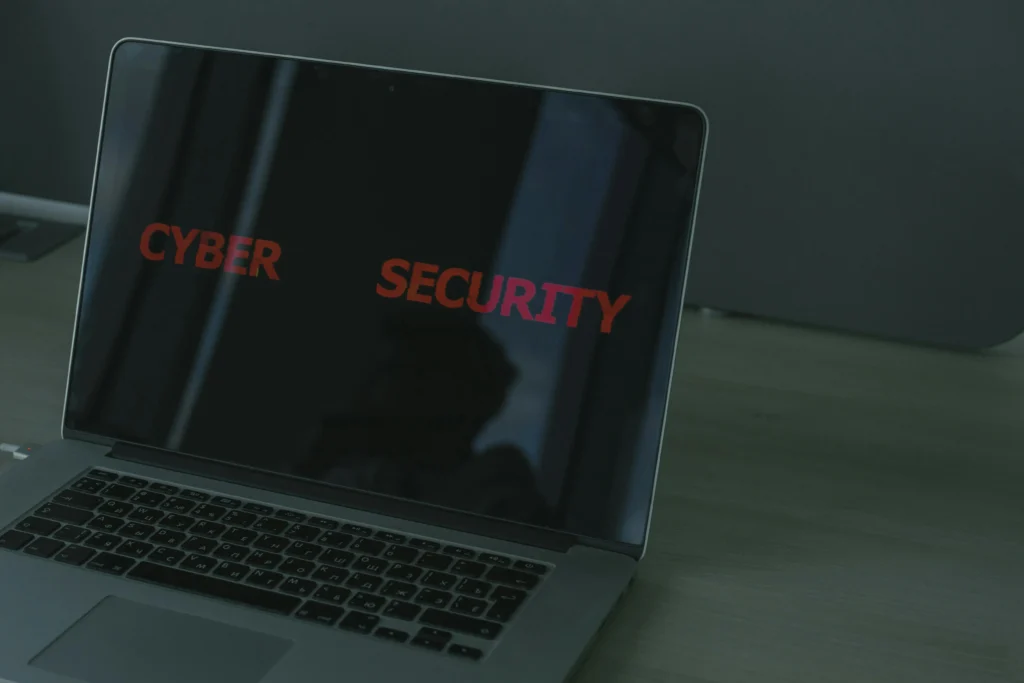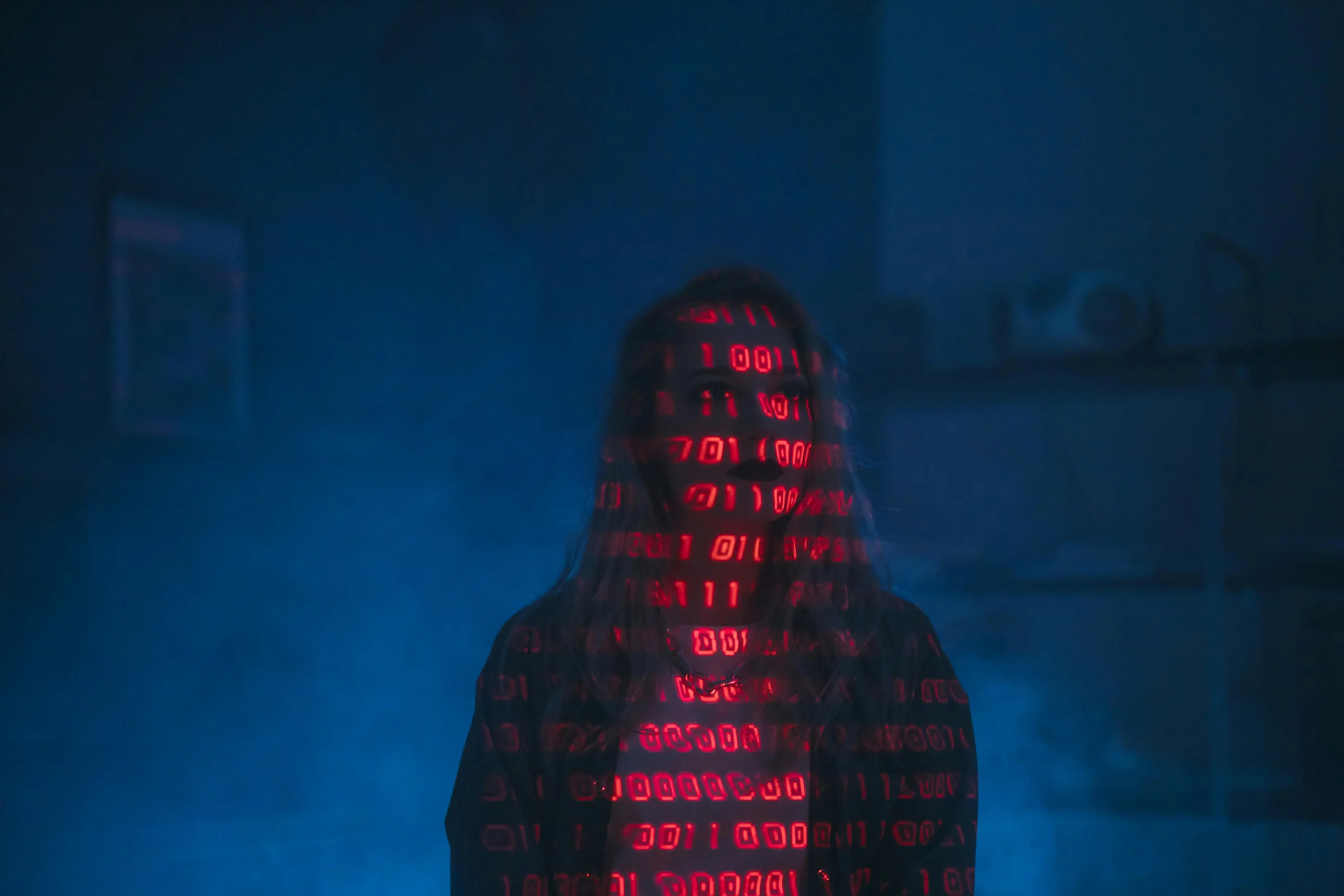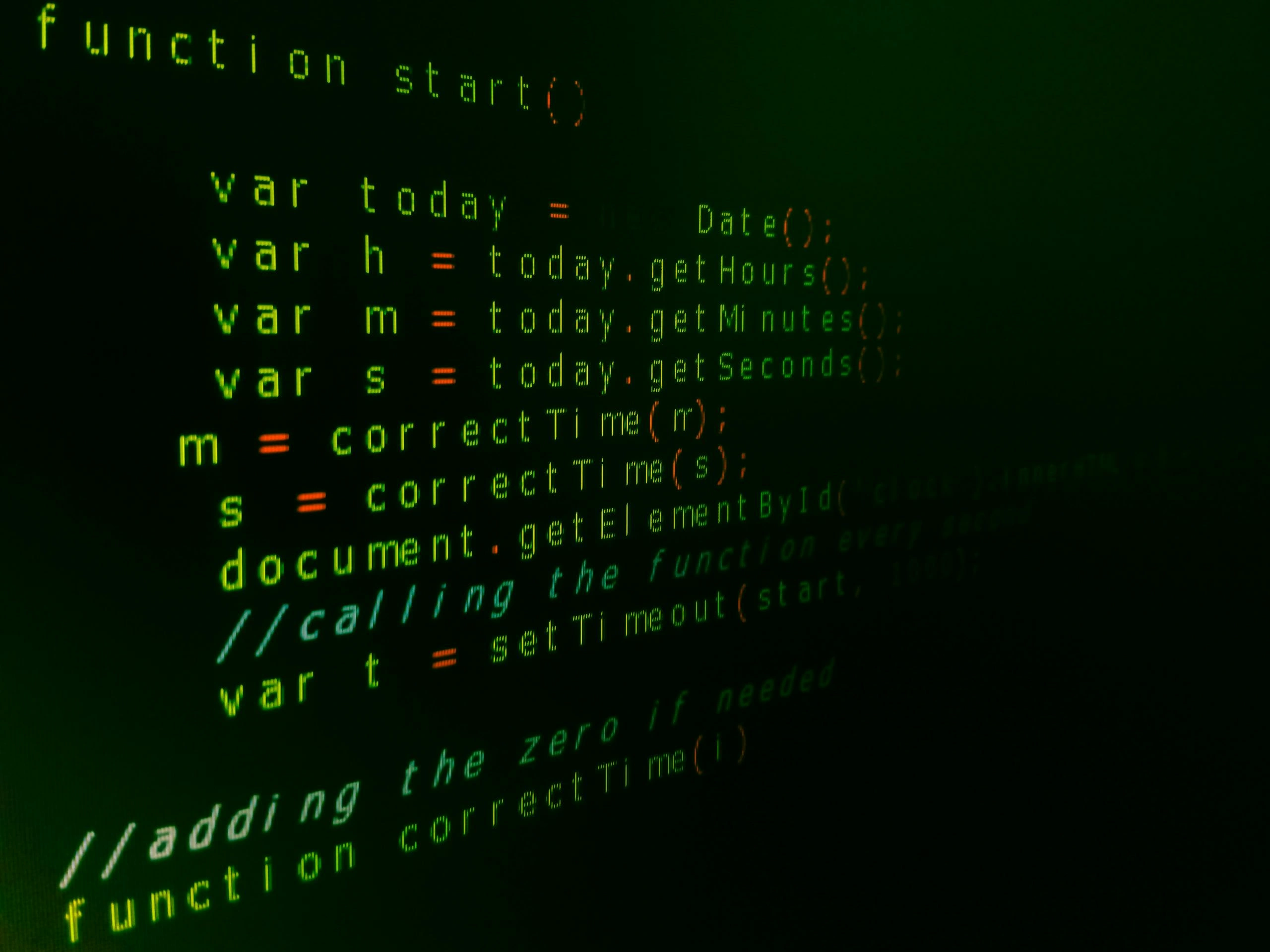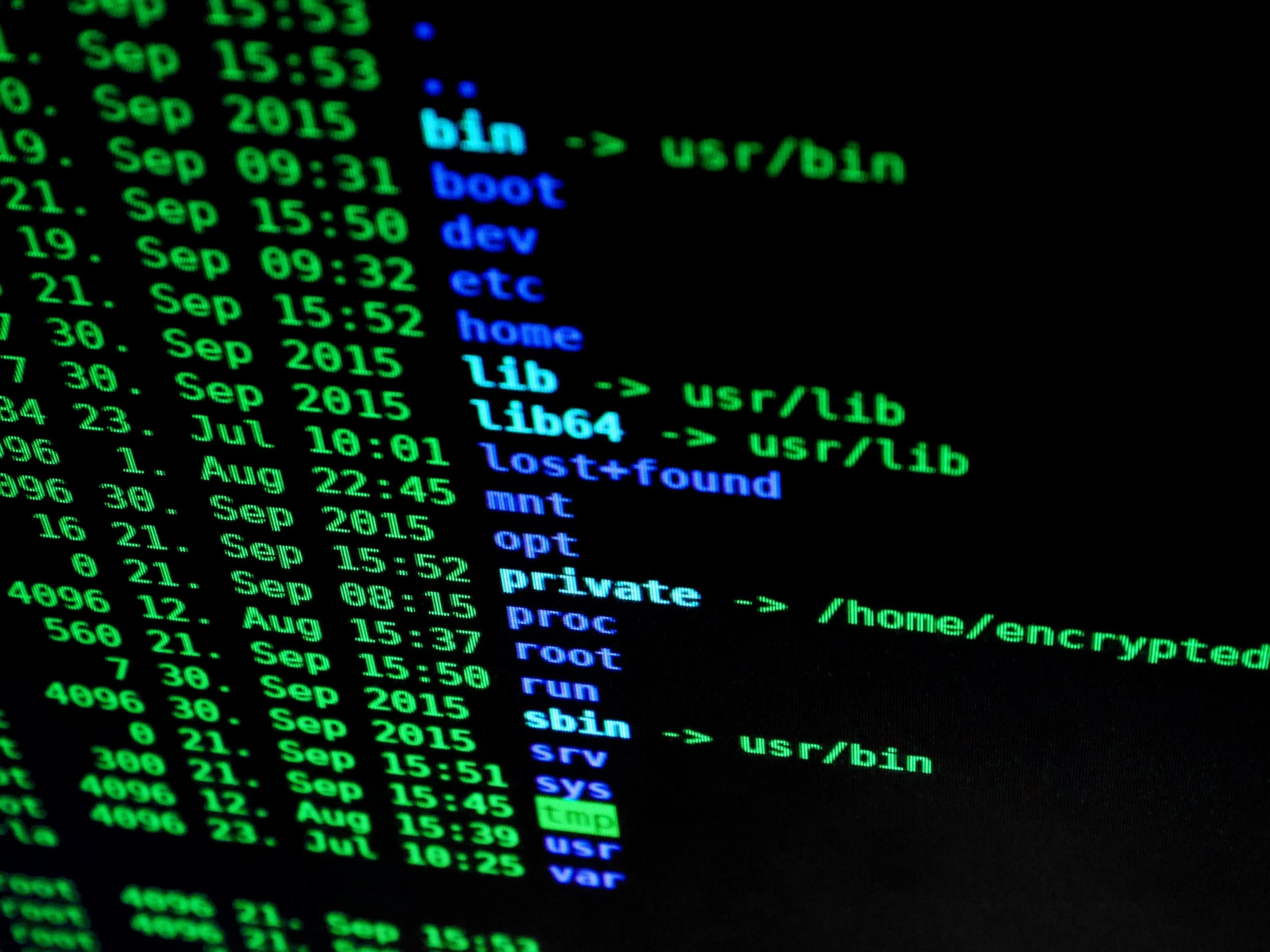In a recent cyberattack, hospitality providers are targeted by attackers deploying infostealer and remote access Trojan (RAT) malware. This sophisticated approach allows cybercriminals to gain access to sensitive data. Once they acquire this information, they launch phishing attacks aimed at customers, utilizing both email and WhatsApp as communication channels. These breaches not only affect the hotels but also jeopardize the personal information of their clients. By exploiting this stolen data, attackers can significantly amplify the scope and impact of their malicious activities. It’s essential for hospitality businesses to enhance their cybersecurity measures to defend against such threats.
Preventive strategies may include implementing advanced security controls and employee training to recognize phishing schemes. Additionally, regular audits and updates to security protocols can help mitigate risks associated with these types of attacks. As the reliance on digital services grows within the hospitality sector, addressing these vulnerabilities becomes increasingly critical to protect customer trust and corporate reputation.
👉 Pročitaj original: Dark Reading







